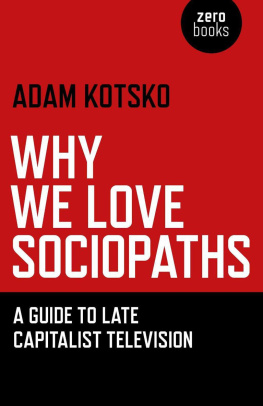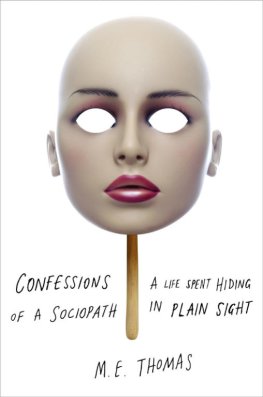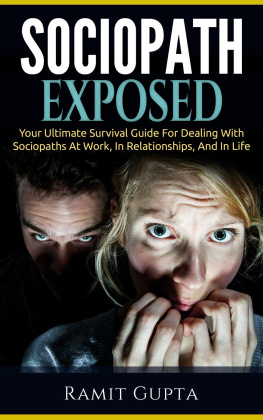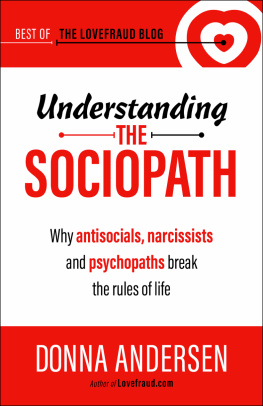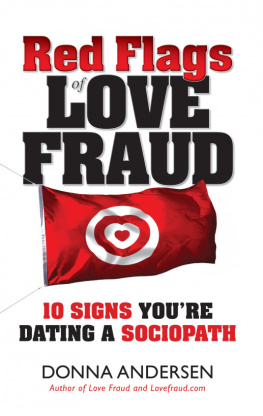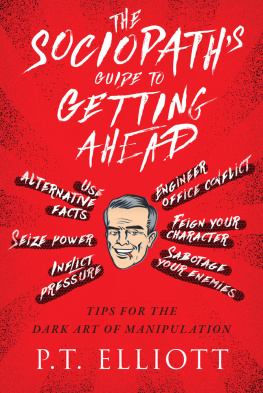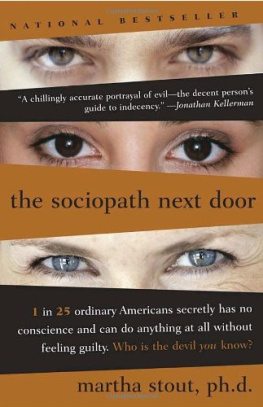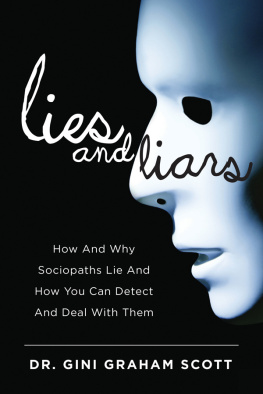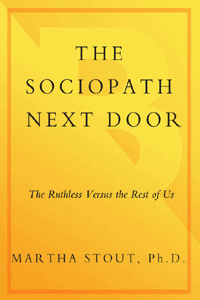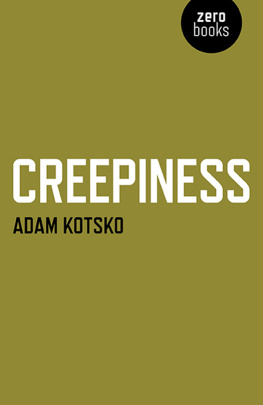First published by Zero Books, 2012
Zero Books is an imprint of John Hunt Publishing Ltd., Laurel House, Station Approach,
Alresford, Hants, SO24 9JH, UK
www.o-books.com
For distributor details and how to order please visit the Ordering section on our website.
Text copyright: Adam Kotsko 2010
ISBN: 978 1 78099 091 0
All rights reserved. Except for brief quotations in critical articles or reviews, no part of this book may be reproduced in any manner without prior written permission from the publishers.
The rights of Adam Kotsko as author have been asserted in accordance with the Copyright, Designs and Patents Act 1988.
A CIP catalogue record for this book is available from the British Library.
Design: Lee Nash
Printed in the UK by CPI Antony Rowe
Printed in the USA by Offset Paperback Mfrs, Inc
We operate a distinctive and ethical publishing philosophy in all areas of our business, from our global network of authors to production and worldwide distribution.
Acknowledgments
Id like to thank the following people who have helped me with this project, either through talking through the ideas with me or reading drafts: Natalie Scoles, Brad Johnson, Erika Bolden, Ted Jennings, and Tariq Goddard. Id also like to thank everyone involved at Zer0 Books for publishing a second book of mine in their excellent series.
Portions of chapter 3 first appeared in a slightly different form in The Ethics of Dr. Gregory House, PopMatters , April 23, 2009 .
Introduction
On the desire to be a sociopath
My greatest regret is that Im not a sociopath. I suspect Im not alone. I have written before that we live in the age of awkwardness, but a strong case could be made that we live in the age of the sociopath. They are dominant figures on television, for example, and within essentially every television genre. Cartoon shows have been fascinated by sociopathic fathers (with varying degrees of sanity) ever since the writers of The Simpsons realized that Homer was a better central character than Bart. Showing that cartoon children are capable of radical evil as well, Eric Cartman of South Park has been spouting racial invective and hatching evil plots for well over a decade at this point. On the other end of the spectrum, the flagships of high-brow cable drama have almost all been sociopaths of varying stripes: the mafioso Tony Soprano of The Sopranos , the gangsters Stringer Bell and Marlo of The Wire , the seductive imposter Don Draper of Mad Men , and even the serial-killer title character of Dexter . In between, one might name the various reality show contestants betraying each other in their attempt to avoid being voted off the island; Dr. House, who seeks a diagnosis with complete indifference and even hostility toward his patients feelings; the womanizing character played by Charlie Sheen on the sitcom Two and a Half Men ; Glenn Closes evil, plotting lawyer in Damages ; the invincible badass Jack Bauer who will stop at nothing in his sociopathic devotion to stopping terrorism in 24and of course the various sociopathic pursuers of profit, whether in business or in politics, who populate the evening news.
On a certain level, this trend may not seem like anything new. It seems as though most cultures have lionized ruthless individuals who make their own rules, even if they ultimately feel constrained to punish them for their self-assertion as well. Yet there is something new going on in this entertainment trend that goes beyond the understandable desire to fantasize about living without the restrictions of society. The fantasy sociopath is somehow outside social normslargely bereft of human sympathy, for instance, and generally amoraland yet is simultaneously a master manipulator, who can instrumentalize social norms to get what he or she wants.
It is this social mastery that sets the contemporary fantasy sociopath apart from both the psychopath and the real-life sociopath. While many of the characters named above are ruthless killers, they are generally not psychopathic or crazy in the sense of seeking destruction for its own sake, nor do they generally have some kind of uncontrollable compulsion to struggle with. Indeed, they are usually much more in control of their actions than the normal sane person and much more capable of creating long-term plans with clear and achievable goals.
This level of control also sets them apart from a more clinical definition of sociopathy. I do not wish to delve into the DSM or any other authority in the field of psychology, where the usefulness of sociopathy as a diagnostic category is in any case disputed. Yet as I understand it, real-life sociopaths are pitiable creatures indeed. Often victims of severe abuse, they are bereft of all human connection, unable to tell truth from lies, charming and manipulative for a few minutes at most but with no real ability to formulate meaningful goals. The contemporary fantasy of sociopathy picks and chooses from those characteristics, emphasizing the lack of moral intuition, human empathy, and emotional connection. Far from being the obstacles they would be in real life, these characteristics are what enable the fantasy sociopath to be so amazingly successful.
It is curious to think that power would stem so directly from a lack of social connection. After all, we live in a world where we are constantly exhorted to network, to live by the maxim that its all about who you know. Yet the link between power and disconnection is a persistent pattern in recent entertainment, sometimes displayed in the most cartoonish possible way. Take, for instance, Matt Damons character in the various Bourne movies ( The Bourne Identity, The Bourne Supremacy , and The Bourne Ultimatum soon to be followed, as Damon has joked, by The Bourne Redundancy ). In the first film, Jason Bourne is fished out of the ocean with no idea of who he is. As the story unfolds, he finds that he is unexpectedly the master of everything he tries to do: from hand-to-hand combat, to stunt driving, to speaking apparently every language on earth. His skills apply interpersonally as well, as the very first woman he meets (Franka Potente) becomes his partner in crime and then lover.
The narrative explanation for Bournes near superhero status is an elite CIA training program. Yet that training is directly tied to Bournes amnesia, as the programs goal is to create the ultimate sleeper agents. The program culminates with a thorough brainwashing, after which the agents dont remember theyre agents until their programming is triggered by some signal. The life the CIA sets up for the agent is, in true sociopathic style, only an act that can be left behind at any time. Whats more, a later film reveals that Bournes trainers only regarded him as truly ready to work once they had induced him to kill in cold blood someone he believed to be an innocent man. Lack of social ties and ruthless amorality thus fit together seamlessly with virtual superpowers in this movie.
The pattern isnt limited to superheroes. For instance, Don Draper of Mad Men , arguably the most iconic and exemplary contemporary TV sociopath, becomes a powerful ad executive who appears to do little but drink all day and wait for random flashes of inspiration. And as if securing a wife who looks like Grace Kelly isnt enough, he repeatedly seduces interesting, substantial women, because for most of the series run, the standard route of seducing nave young secretaries is simply beneath him. What enabled this miraculous rise? Stealing the identity of a man who has literally just died in front of him and then abandoning his family!

